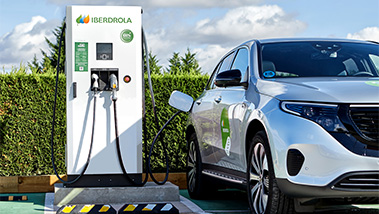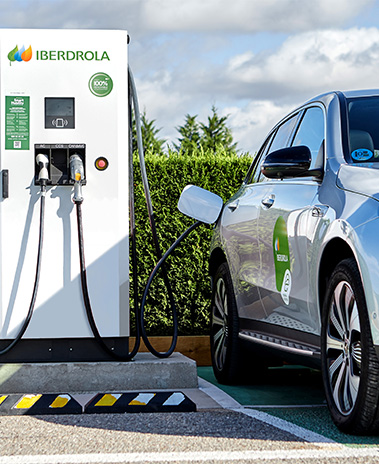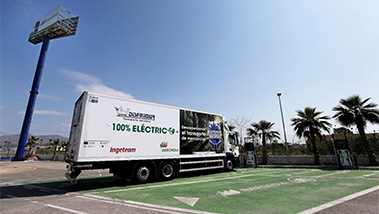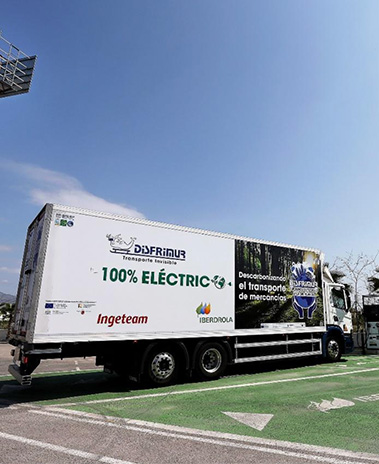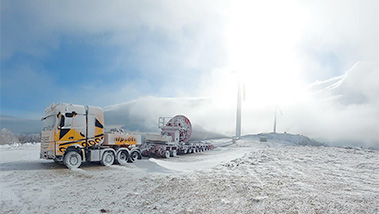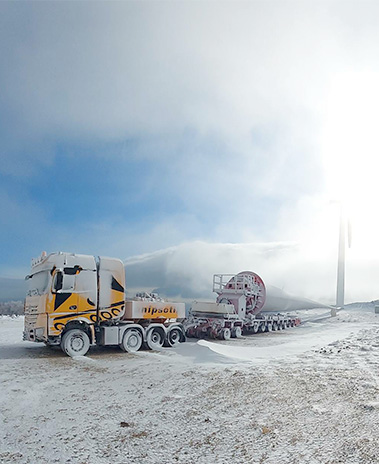#transport
Iberdrola encourages consumers to make a rational use of transports and a more efficient use of energy in order to reduce the environmental damage. Two of the main company's goals are to reduce emissions and to promote energy efficiency.
-
In recent years, electric buses have played an ever-greater role in the decarbonisation of society. In the search for environmentally friendly means of transport, public transport is the best alternative, especially buses, as they help reduce traffic congestion and lower transport-related emissions.
Iberdrola and bp pulse proudly announce the formal launch of their joint venture that recently received regulatory authorizations. The new company plans to create the most extensive high speed public charging network in Iberia. The aim is to...
-
Facebook Iberdrola and bp pulse launch their fast and ultrafast charging joint venture in Spain and Portugal
-
Twitter Iberdrola and bp pulse launch their fast and ultrafast charging joint venture in Spain and Portugal
-
Linkedin Iberdrola and bp pulse launch their fast and ultrafast charging joint venture in Spain and Portugal
-
Whatsapp
-
-
Iberdrola, through its Brazilian subsidiary Neoenergia , uses electric trucks to carry out maintenance and construction work on electricity grids in the country. In just over a year, the company's fleet of electric trucks has travelled 29,000...
In a world evolving towards innovation and sustainability, electric mobility has become a solution that not only redefines the way we get around, but also plays a crucial role in reducing carbon emissions and building more sustainable communities. Discover what electric mobility is, its history, its contribution to the energy transition, how it works and much more.
-
Road transport logistics, fundamental to the global economy as it enables the transit of goods and products, has become one of the most polluting sectors. Faced with this challenge, electric trucks are emerging as the alternative for sustainable transport. Discover their growing role in road logistics and their contribution to the electrification of the economy.
The construction of renewable energy facilities faces a number of challenges ranging from the transportation of individual components to the management of tenders and contracts for the various major equipment and many others. A good logistics and tracking organisation is essential to overcome potential disruptions in the global supply chain and to reduce the risks, damages, complexities and costs inherent in the projects.









